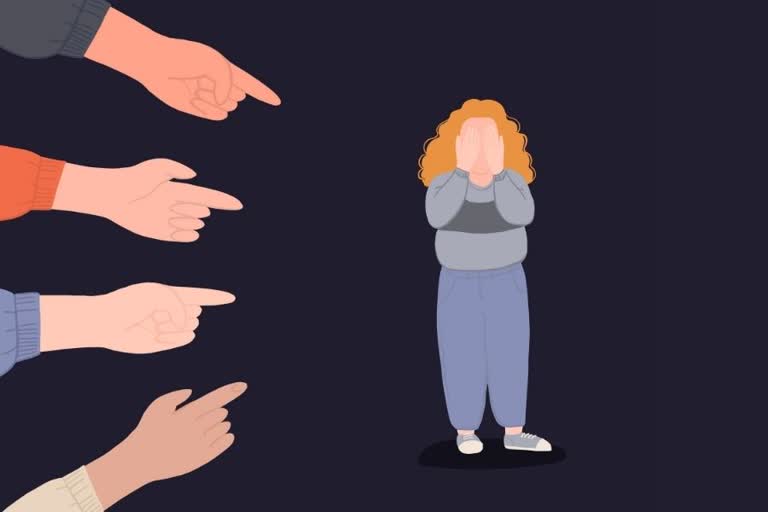Unvaccinated mother, 27, dies with coronavirus as her father calls for fines for people who refuse jab. This is the kind of headline you may have seen over the past year, an example highlighting public shaming of unvaccinated people who die of COVID-19.
One news outlet compiled a list of notable anti-vaxxers who have died from COVID-19. There's shaming on social media, too. For instance, a whole Reddit channel is devoted to mocking people who die after refusing the vaccine.
COVID-19 vaccinations save lives and reduce the need for hospitalisation. This is all important public health information. Telling relatable stories and using emotive language about vaccination sends a message: getting vaccinated is good. But the problem with the examples above is their tone and the way unvaccinated people are singled out. There's also a murkier reason behind this shaming.
Why do we shame people?
Public shaming is not new. It is entrenched in human history and psychology. From an evolutionary perspective, shame is a way of keeping individuals accountable to the other members of their community for their perceived anti-social behaviours.
Philosophers Guy Aitchison and Saladin Meckled-Garcia say online public shaming is a way of collectively punishing a person for having a certain kind of moral character. This punishment (or reputational cost) can be a way of enforcing norms in society.
However, shaming others is also a way of signalling our own virtue and trustworthiness. Moralising about other people's behaviour can help us feel better about ourselves.
The online world exacerbates this human tendency. It polarises two heavily moralised camps: the self-perceived good, responsible people on one side (the shaming ones), and the ones considered bad, irresponsible people on the other (the shamed ones). Vaccination has become such a sensitive issue it easily triggers the instinct to shame others.
Do people deserve to be shamed?
Shaming people for their health-related choices disregards the complexities about whether people are individually responsible for their own decisions.
Take obesity, another example associated with public shaming. The extent to which individuals are responsible for their obesityor for the lifestyle that causes obesity is complex. We need to consider issues including genes, environment, wealth, as well as choice. Indeed, shaming people for their obesity (fat shaming) is widely considered unacceptable.
Likewise, low levels of vaccine uptake in some communities is often linked to structural inequalities, including health inequality, and a resulting lack of trust. The blame for this situation is typically placed on broader society and institutions, and not on the affected groups or individuals. If someone cannot be blamed for something, then shaming them is not ethically justifiable.
In discussions of responsibility, it is now common to focus on structural injustice or inequality, the injustice of various social factors that shape choice and behaviour. This applies not only to obesity, drugs, alcohol but also to vaccination decisions.
